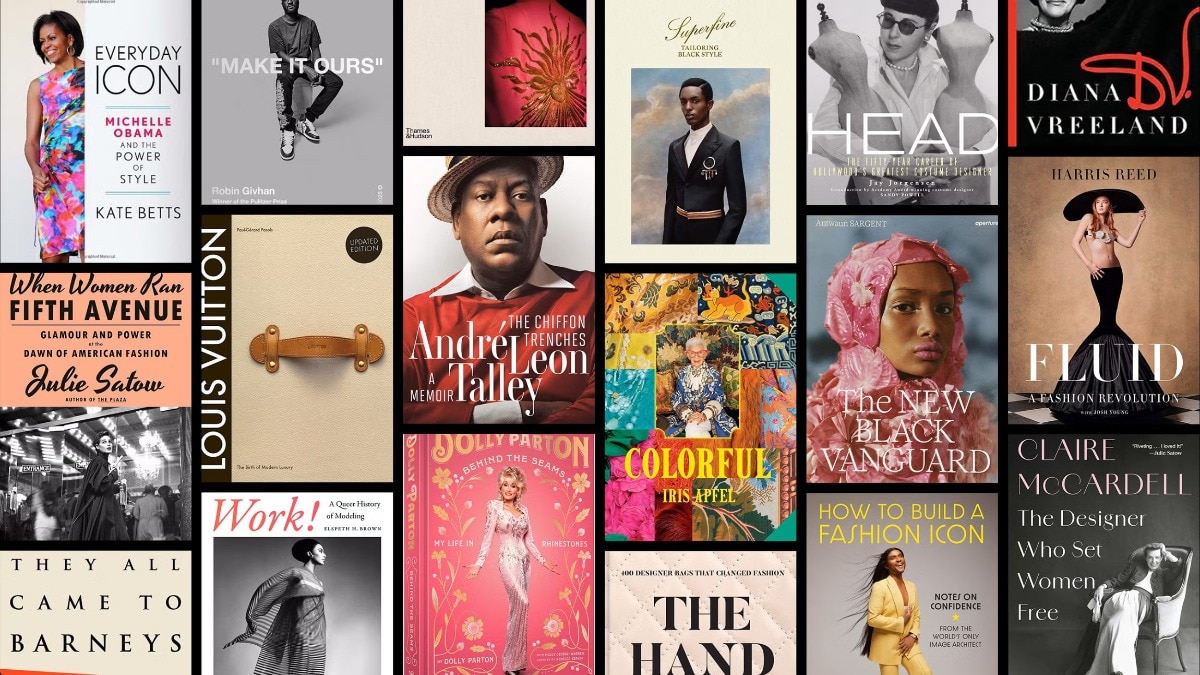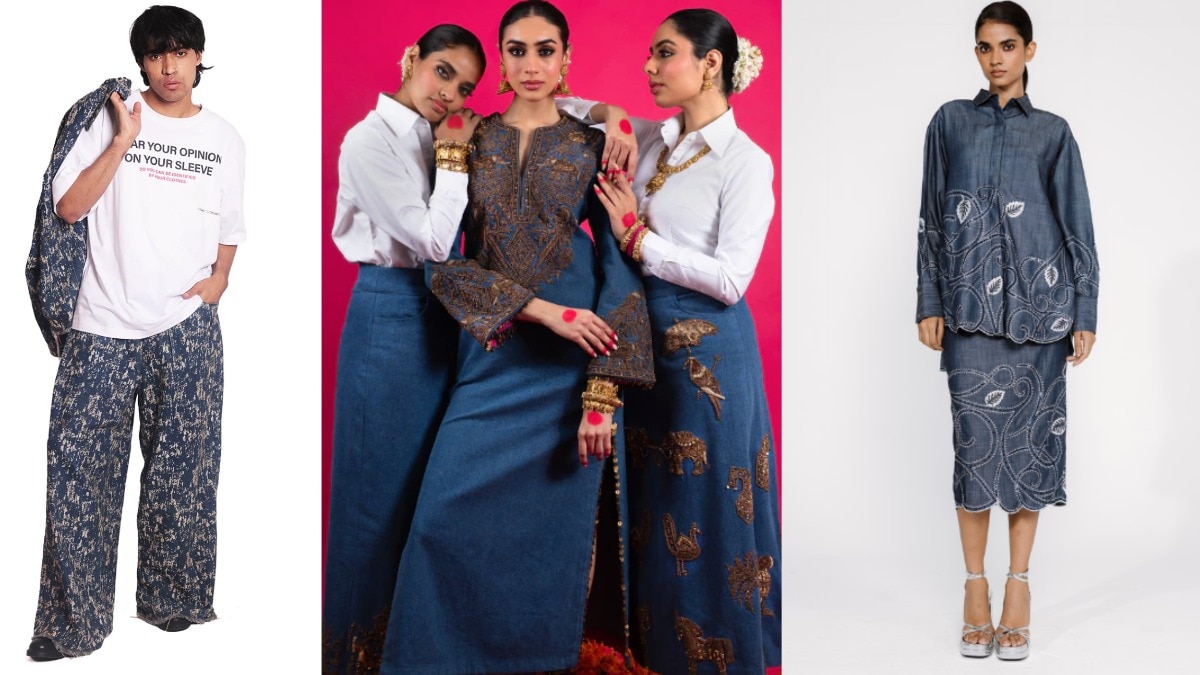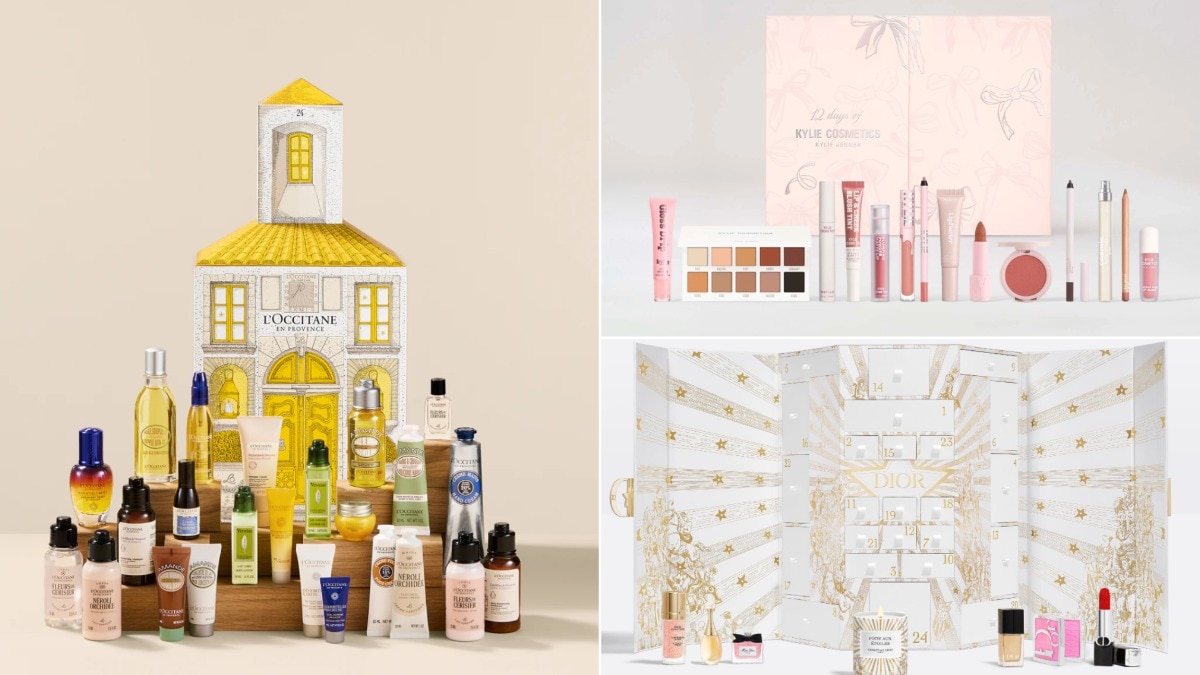How can Indian workplaces be made safer?
On a panel discussion in the recently concluded India Today Conclave, experts weigh in on the next steps.


A recent UN supported survey in India concluded the following statistics:
- 49 per cent women do not feel face at work
- 71 per cent women don’t feel safe in public spaces
- 52 per cent want change in men’s attitude at work
- 50 per cent want stricter policing
- 48 per cent want stronger laws when it comes to women safety.
On reading this, you perhaps want to be asked the same question so you can add to the percentage. We know we wanted to. These don’t feel like new statistics or parameters, perhaps only coming forward for discussion thanks to the current climate and the recent Kolkata rape-murder case. But what is it that can really be done to make our workspaces safer for women?
In a recently held panel discussion at the India Today Conclave 2024 in Mumbai, India Today Editor, Preeti Choudhry invited industry experts to answer the question.
Prabha Chandra, Senior Professor of Psychiatry and Dean of Behavioural Sciences at the National Institute of Mental Health and Neurosciences believes that we need to move ahead of tokenism in the name of women safety and have more targeted interventions—more women leaders calling out cases, big and small, and the education of bystanders so they are no longer passive bystanders.
Pointedly, Mihira Sood, Supreme Court lawyer and Director of the Centre for Child Rights & Juvenile Justice, mentions that safety must not be seen as charity. “It is a component of quality, and if seen so then safety is based on empowerment and not protectionism. “We don't want a situation where women are not taken on for certain roles because safety is an issue and the employer feels that they're doing the responsible thing by not taking women on for those roles.” And she goes on to say that these are not only government offices and MNCs, but also smaller places like restaurants and even houses! As far as law goes, an important change she mentions, one that was recommended by the Justice Verma committee she was also part of was having an external dispute resolution mechanism in place, since it would allow for more fearless redressal.
“I think, more women in the workforce, more women in leadership positions is a step in the right direction. Let’s claim the country, let’s claim the space as ours. Let’s become intolerant to male dominance in workplaces and reclaim our rights,” says Ms Borwankar.
“Absolutely! And I would work with men to change things. Knowing what is wrong, what is right, what impact lewd jokes have on a woman, what is the impact of harassment on a woman's mindset, are all things that many men lose sight of in because of the way they are brought up and I think this absolutely needs to be worked with,” adds Ms Chandra.
“More democratic organisations, flatter organisations are also going to help in addition to better redressal,” says Sood.
“And the top-down, no nonsense, zero tolerance for even the simplest, smallest of incidents is important; and this without delay,” says Rituparna Chakraborty, co-founder Team Lease and independent director on board.
As they conclude, they all agree that there is a change they are seeing with the younger generation, Gen-Z, and that the work to be done is all of us together, and not against men. And the work starts with more women talking about it. “Margaret Atwood said ‘every woman has a story, you just need to ask her’, and this is especially true if she's been at the workplace,” rightly reads Choudhry.
Feature Image: India Today Group
Also read:










